#Pyncheon
Text
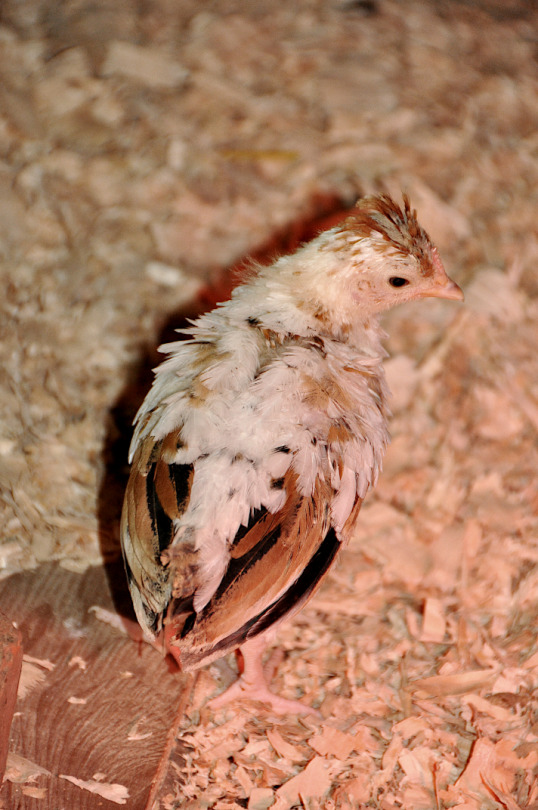

10 years ago we met this little man, who grew up to become this handsome rooster, and we named him Quilt. He is a Pyncheon roo, very smol. Day before yesterday his age, the seemingly endless damp and the cold all combined to get the better of him and we found him close to death in his enclosure. We brought him inside to the "hospital crate" after drying him off and set him up with a heat lamp.

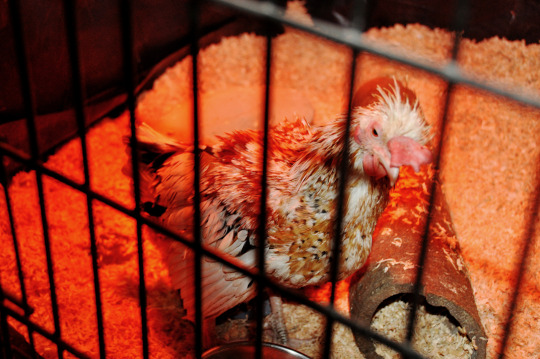
"I'm not dead yet! I don't want to go on the cart!"
From practically dead to demanding treats! Sweet little man has earned himself an indoor place for the winter. He has been the Best Rooster Ever, and deserves a pampered retirement. The Brother has wanted another house chicken for quite a while, guess he gets his wish this year.
#Fort Featherly Flock#Quilt#Pyncheon#bantam#rooster#near death experience#house chicken#photozoi#original photos#12-11-23#old but not out
25 notes
·
View notes
Text
bc bustamante cuddle puddle during “Bitter” aka the song that makes me want to water the field sallow with my tears (think of Oedipa crying at the painting, as if to fill her goggles, a salty screen thru which to perceive) (think of Hans Reiter aka Benno von Archimboldi who imagined crying underwater because the seaweed forest was too beautiful, allowing the ocean to interface w/ & sip from his eye’s ducts)
1 note
·
View note
Text
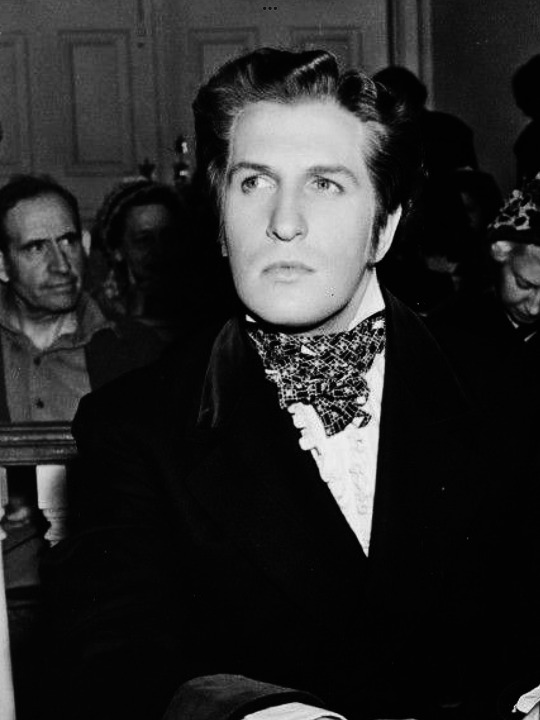
Vincent Price as Clifford Pyncheon
House of the Seven Gables (1940)
#vincent price#house of the seven gables#photo#photo edit by me#clifford Pyncheon#fuck#i desire him carnally#he had no right to be this hot#s..sir#fuckkkk#bicon#bisexual#horror#old horror movies#vintage#movie#actor#handsome
124 notes
·
View notes
Text
BOOK CLUB: MARCH 2023
HI sluts! Here for another round of Book Club, and sorry to everyone who voted in the last one because I randomly remembered this book existed and I NEED to talk about it with people:
Nathaniel Hawthorne.
House of The Seven Gables.
I am not going to tell you what I think it’s ABOUT, but I will tell you the PREMISE:
In a sleepy little New England village stands a dark, weather-beaten, many-gabled house. This brooding mansion is haunted by a centuries-old curse that casts the shadow of ancestral sin upon the last four members of the distinctive Pyncheon family. Mysterious deaths threaten the living. Musty documents nestle behind hidden panels carrying the secret of the family's salvation--or its downfall.
IF YOU WANT TO READ THIS, DO NOT GOOGLE FOR WHAT IT IS ABOUT people will all want to tell you what the book means, and that is fucking boring,I want to know what YOU think it means.
Non-North Americans, if you want to read this and join in let me know so I can schedule at like, not 2 am for you.
24 notes
·
View notes
Text
ACtors who played hero and villain in a diffrent adaptation
Anyone have any examples of a actor playing a hero and villain in diffrent adaptations of the same work
I can only think of three
Vincent Price as Clifford Pyncheon and Gerald Pyncheon(Based on Jeffrey Pyncheon ) in House of Seven Gables /Twice Told Tales
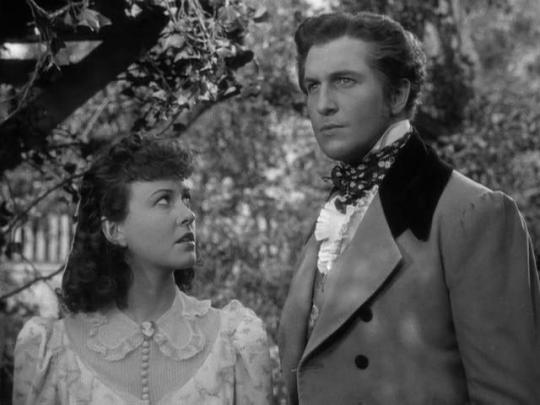

Carol Burnett as Princess Winnifred and Queen Aggravain in Once Upon a Mattress
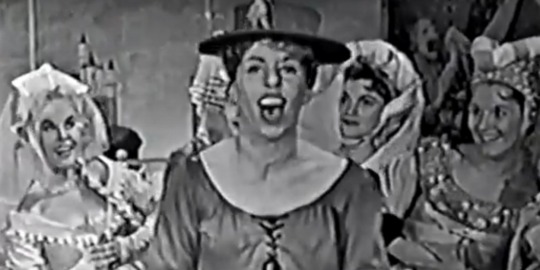

John Hurt as Hazel and General Woundwort in Watership Down /Watership Down the Series

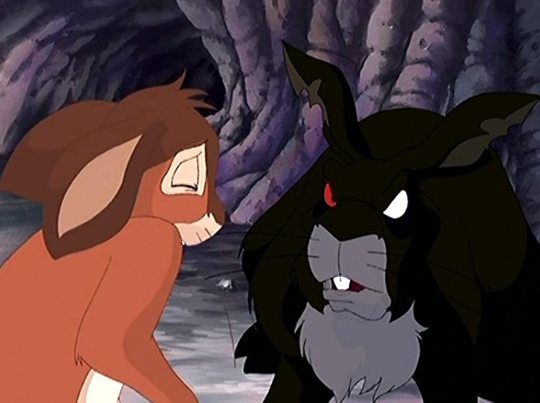
@angelixgutz @metropolitan-mutant-of-ark @ariel-seagull-wings @the-blue-fairie @themousefromfantasyland @amalthea9 @princesssarisa @filmcityworld1
9 notes
·
View notes
Quote
Is it a fact – or have I dreamt it – that, by means of electricity, the world of matter has become a great nerve, vibrating thousands of miles in a breathless point of time?
Clifford Pyncheon, The House of the Seven Gables, by Nathaniel Hawthorne
#quotes#nathaniel hawthorne#electricity#globalization#the house of the seven gables#fun fact I first heard this quote from#sid meier's civilization v#where it's the quote for researching the electricity technology#i've never read the book#and i probably never will
2 notes
·
View notes
Text
Leaving these antique themes, the old lady began to talk… (Hawthorne,63)
Daguerreotypist, strangest companions, animal magnetism, antique themes, narrow circumstances, new‐fangled, philanthropists
Perspective: The Judge
“Leaving these antique themes, the old lady began to talk about that troublesome Daguerreotypist, who had no claim to reside within the house of gables.”
The judge has a clear dislike for Holograve and the fact that someone who isn’t a part of the Pyncheon bloodline is living in the house. His disdain for Holograve specifically though makes me want to use negative adjectives. However, Holograve hasn’t done anything “bad” in the novel so troublesome is the best word I could think of.
Perspective: Clifford
Leaving these antique themes, the old lady began to talk and talk about the young man who resided upstairs.”
We have yet to meet Clifford in the story yet, but we do know that Clifford doesn’t really care about what Hepzibah has to say at all. His attention is directed towards Phoebe and other things that are not Hepzibah.
It’s interesting how both characters aren’t necessarily fond of Holograve for one reason or another. While the reasoning is vastly different, they seem to share similar perspectives. The only reason Clifford is not outwardly banished from the house despite his “past” is that he is a part of the Pyncheon bloodline. The Judge also has no real say because he does not actively live in the house. So it’s interesting to see the power dynamic of both aspects. The Judge has a lot of social power while Clifford has more familial power due to being Hepzibah’s brother.

It really emphasizes the significance of Holograve as a character. He is like the watchful eye over the Pyncheon house. It is as though there is something he is looking for or needs to do. There’s no real reason for him to be in this house, only Phoebe takes great interest in Holograve which pushes that theme of generational change. It is intriguing to see how that corresponds with Holograve and how he will fit later on in the story.
(ENG 235)
1 note
·
View note
Text



My literary claim from step 5 might apply to this new passage because it exemplifies the changes made after Clifford’s presence of only a few days in the Pyncheon household. He refused to interact with Hepzibah due to her looks and only spent time with Phoebe. Furthermore demonstrating that Hepzibah was lonely and looking for a way out. Clifford could have been the answer but due to his ego, he was no help to her but he made the household feel alive again.
1 note
·
View note
Text
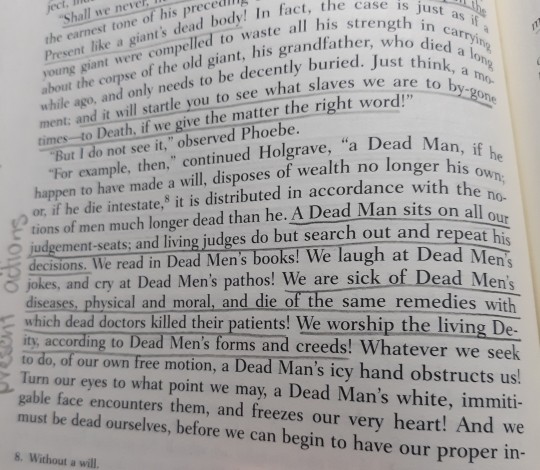
Compare the points of the analysis below--considering the concepts of historical masculinity and the role of a "judge"--with the passage above. Here, Holgrave argues of the absurdity of our society, that so many of its tenants revolve around the ideals of dead men. This poses questions based on the analysis below: masculinity intrinsic to most men, if not most people. Its values have changed over time but have always accomodated the ideals of strength and aggression, so that by the "modern, civilized era" the House of the Seven Gables is set in, men like Judge Pyncheon can still embody the archaic ideals of manlihood possessed by the Dead Men without compromising a modern civility.
(Annotations came with book. And appreciated.)
1 note
·
View note
Text
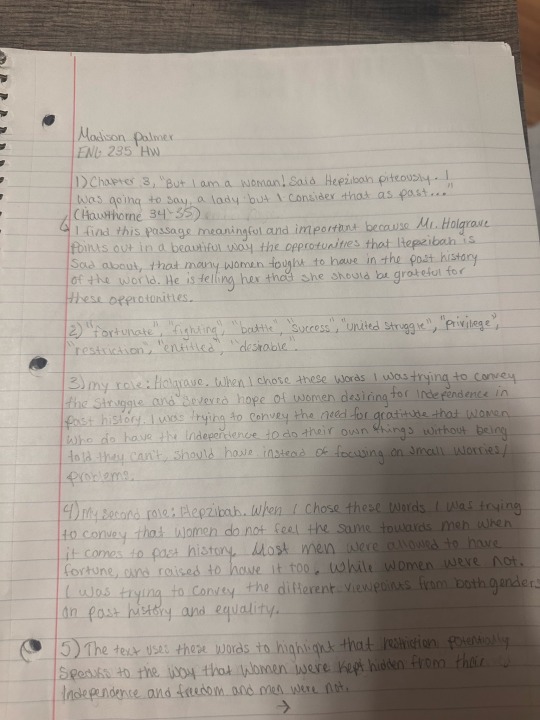
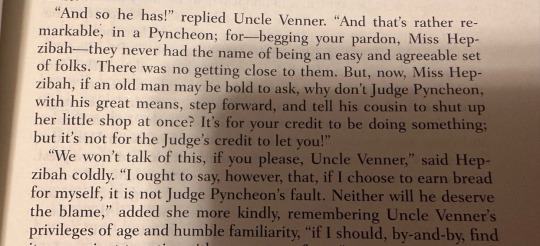
My critical literary claim from step 5 applies to this new passage because this passage explains how Uncle Venner thought that because Judge Pyncheon had the means and fortune to help out Hepzibah, that it was rude of him to “let” her open the shop and to not have her close her shop, like it was an inconvenience for her to open it. This comes back to my claim because he is explaining a man not being kept hidden from a rich fortune while the woman is. The woman does not have many options for a job and the shop is her only one to be able to make money on her own.
This gives insight to the novel as a whole because it explains the past experiences and opinions of women in past history who saw men have the rights and independence that they so very much desired to have. Rights that women have now, but sometimes take advantage of.
1 note
·
View note
Text

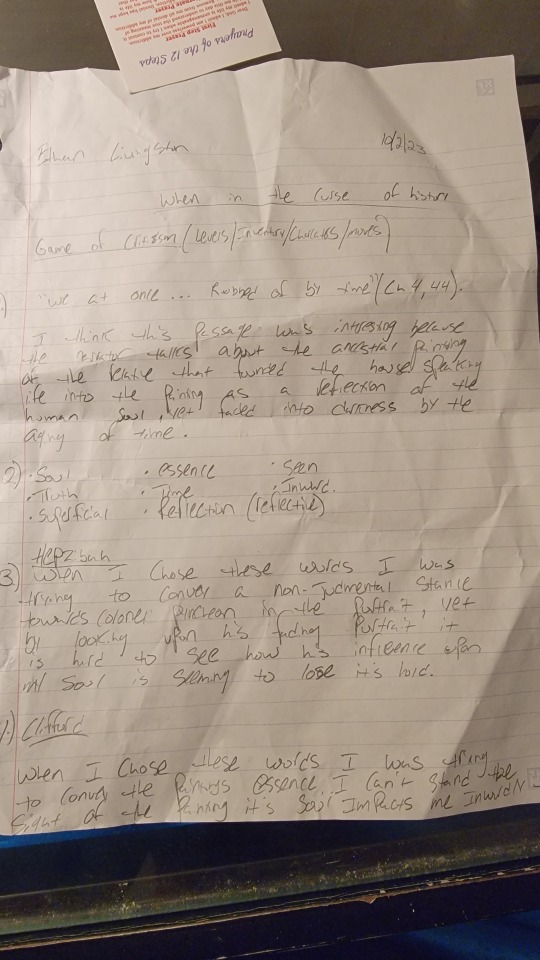

(Chapter 14, pg. 153)
It is interesting to me the speaker here uses the term natural to impose on the environment the subject is in. To whatever effect that Phoebe embodies in her soul restores temporarily, the environment to it's natural state. In this case, The House of the Seven Gables which is shrouded in rot and a cursed history is somehow forgotten by the essence of Phoebe's soul. Yet, as the speaker warns, when she leaves these things comes into view again.
When I think of natural it makes me think a sense of right or wrong i.e. moral conscious. In the literal sense of the word it makes me think also to an object or person resembling the original form that it was intended to represent. To this end, I think the term embodied here in the text also supports these meanings of the word natural by embodying the original form of the house, the characters, in which they were intended to be in rather than the cloud of superstition and shadows of the choices that the family has made in previous generations. Phoebe is the representation of innocence and curious questioning of why things are not in their natural state of being and why there is a cloud in the first place.
Going back to the painting of Colonel Pyncheon, his colors and essence proceeds to fade over time lessoning his presence in the present day. Yet he is still seen, albeit faded with time, the traits in which defined him as Colonel Pyncheon. These traits seem to manifest in the scowl of Hepzibah, the stern resoluteness in Judge Pyncheon, and the far off sadness and shock of Clifford. These traits while they may be exposed in an overused manner throughout the story show us that the history of the family is still apparent after time hanging over the family like a dark cloud. Faded, and only pointed out with abysmal detail when the story unfolds further. Yet, with Pheobe as its center seems to both renew these traits in others by stark juxtaposition of her traits as blessings to be around. Bringing smiles and thoughtful care to ensure she does not become ensnared by the darkness that surrounds her, in which she brings light to.
1 note
·
View note
Text
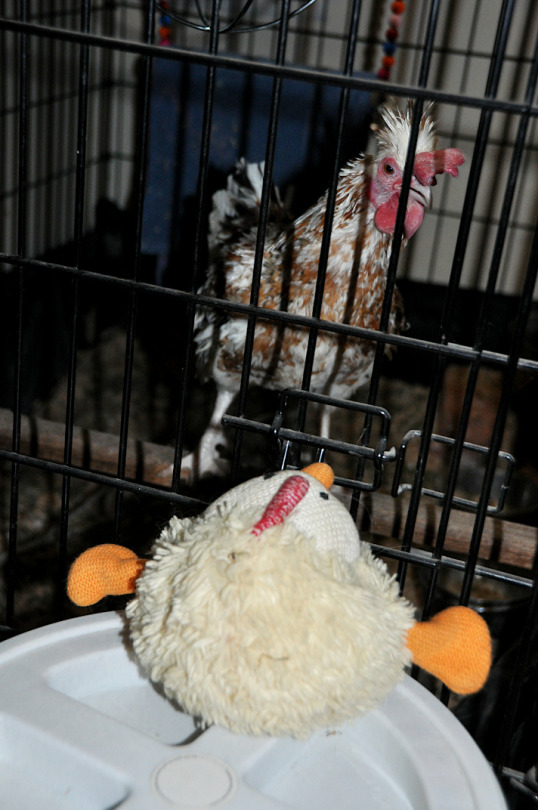
"Mom?!! Is that you???!!"
Quilt, our old Pyncheon rooster, suddenly recognizes his "mom" of 10 years ago.
12 notes
·
View notes
Text

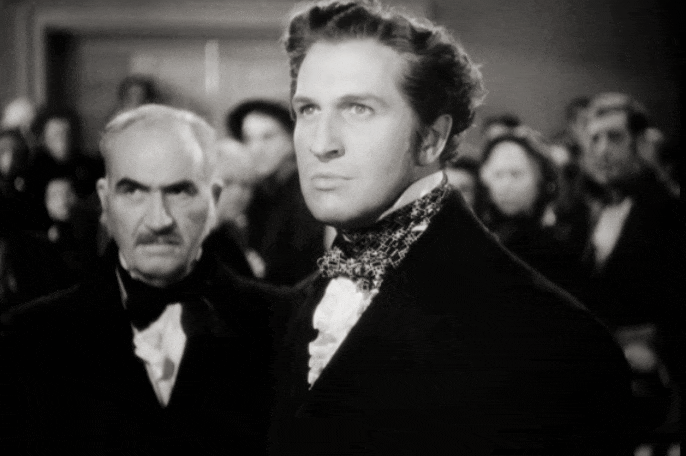
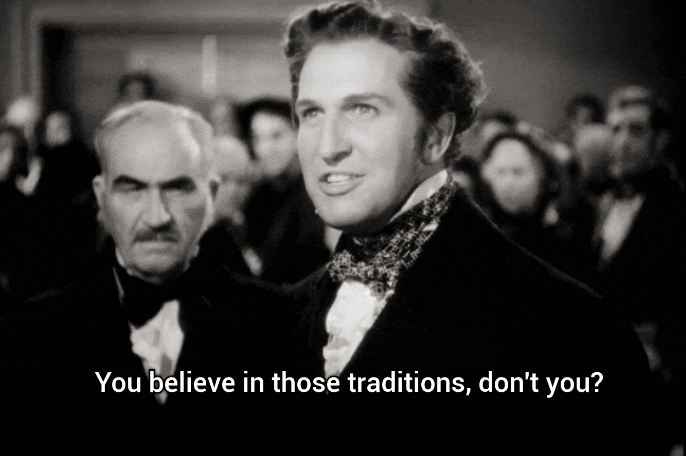


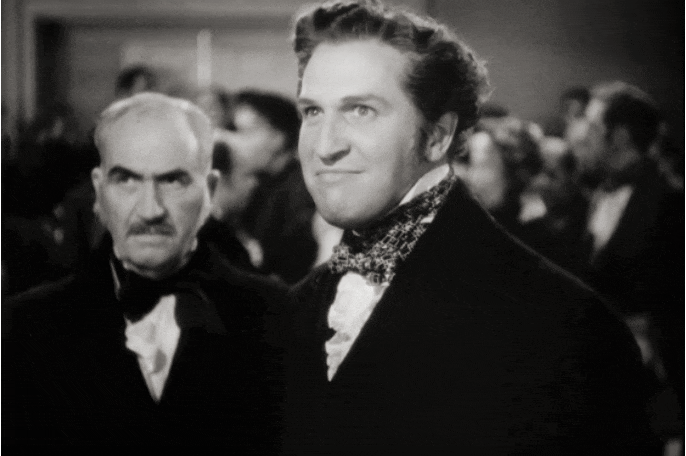

Vincent Price as Clifford Pyncheon
House of the Seven Gables (1940) dir. Joe May
#vincent price#clifford Pyncheon#house of the seven gables#40s#1940s#he is so cuteeeeee#screams into the void#whyyyyyy tho#hes so sexy#it's amazing how hot he was and with every decade...he got hotter#how's that possible#anyway...moving on#bicon#bisexual#god#horror#old horror movies#vintage#movie#actor#handsome#gif#gifs made by me#gif set#nathaniel hawthorne
113 notes
·
View notes
Text
10/3/23 At home Assignment

“All of them were pure specimens of a breed which had been transmitted down as an heirloom in the Pyncheon family, and were said, while in their prime, to have attained almost the size of turkeys, and, on the score of delicate flesh, to be fit for a prince’s table” (chapter VI, page 65)
Using my claim from step 5, I interpret this passage as a metaphor for the deterioration of the Pyncheon family. The chickens in this passage, before the incident, were seen as pure and capable of producing marvelous products, worthy enough to have been saved as proof of the peculiarity of the Pyncheon family. However, after the deterioration, the family of birds still existed, but not at the same prestige that they were known for. Instead, the birds became weak and are a mere husk of what their ancestors were. The desire to have these birds become more like their ancestors, symbolizes the desire of the Pyncheon family to return to the prestige of their own ancestors and to continue gaining the recognition they once held.
1 note
·
View note
Text
"You are a nice girl-I see it plainly; continued Hepzibah; "and it is not any question, as to the point, which makes me hesitate. But, Phoebe, this house of mine is but a melancholy place for a young person to be in. It lets in the wind and rain-and the snow, too, in the garret and upper chambers, in the winter-time-but it never lets in the sunshine!" (chapter V, page 55). I admire the beautiful simplicity of Hepzibah's/Hawthorne's metaphors, and I find the use of the words "upper chambers" a clever allusion to the heart.
terms: wind, rain, snow, garret, upper chambers, winter-time, sunshine, house
(Role: Hepzibah) When I chose these words, I was implying that the "house" Phoebe should not reside in is the United States, which has become a bleak place of hardship too fierce for such a gentle girl. The wind, rain, and snow represent those hardships, and the garret and upper chambers represent the young girl's mind and heart respectively. Sunshine, representing goodness and times of good fortune, however, is often absent from our daily lives.
(Role: Phoebe) I usually see things for what they are. I can not ignore how disheveled the Pyncheon house has is; its state of disrepair is too severe for a person like me, but I insist that I endure the harsh weather, as I am certain sunshine will arrive with patience.
The text uses these words to highlight distinctions between Hepzibah's more stern outlook and Phoebe's youthful ignorance. Time and struggles have resulted in the miserable states of Hepzibah and her home. Phoebe, however, is not bound by this place. She carries herself with a palpable joy and, despite appearing childish to Hepzibah, is someone willing to tough out bad situations and transform them into something better.
"Phoebe's voice had always a pretty music in it, and could either enliven Clifford, by its sparkle and gaiety of tone, or soothe him by a continued flow of pebbly and brook-like cadences" (chapter X, page 104). This passage further emphasizes the differences between Phoebe and Hepzibah, Clifford's younger sister. Clifford has been suffering severe depression since his arrival at the Pyncheon house, and his sister only serves to worsen his misery with her dreadful books and unnerving scowl. However, Phoebe nurses him a sense, spending time with him in the garden, reading to him, and reinvigorating him with her sheer presence. Clifford's opposing reactions to Hepzibah and Phoebe illustrate that Hepzibah's depressing outlook does not have to be a definite way of interpreting the world and that Phoebe, despite her youthful naivety, can create a substantial positive influence on other people's lives. Instead of words with negative connotations, like "rain" and "snow," Phoebe's descriptions often contain more uplifting words, like "sparkle," "music," and "flow."
1 note
·
View note
Text

Chapter 6, page 63
I chose the passage where Phoebe is describing the Pyncheon’s garden because while reading the passage I believe that the state of the garden and the way she describes it also describes the house and the Pyncheon family in some ways.
“Vagrant” “decay” “death” “evil” “symbolic” “society” “Defective” “careful labor” “hereditary”
When I chose these words, I was trying to convey how the Pyncheon family is presented in their garden. At first glance, they seem uncared for and deformed, and even linked with misfortune and death (as seen with the dead plants), but they do have people who are looking out for them, and they always look out and care for each other. (Phoebe)
When I chose these words, I was trying to convey how the Pyncheon family looks from an outsider's perspective. The curse placed on them by Matthew Maule seems to hang around the whole family like a dark cloud, yet when you get closer and look deeper, there is beauty in how the family members who live in the house rely on each other. (Holgrave)
The text uses these words or images to highlight the way the Pyncheon family is. Separately, they are all very different people, which is especially clear in the feud between Hepzibah and Judge. The family is associated with death and darkness, but there are parts of them that are quite bright, such as Phoebe’s overall demeanor and how Hepzibah and Phoebe cared for Clifford since the end of his imprisonment.
1 note
·
View note